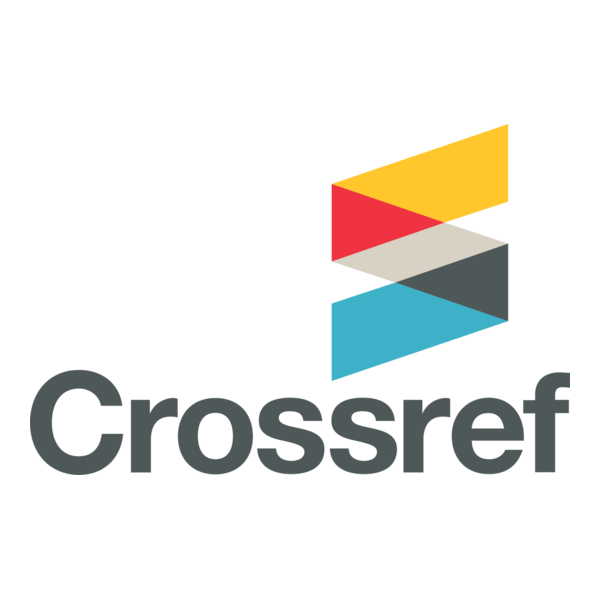Vpliv kraja bivanja in izobrazbe staršev na intenzivnost inštrukcij
Keywords:
tutoring, education, individualism, conformism, motivation, generations, parental education, location of parents' residenceAbstract
Research question (RQ): Among other questions in this research we have tried to answer, in relation to an increase of the use of tutoring, was whether the intensity of the use of tutoring is influenced by the place of residence and education of parents, so we formulated the following research question: “Does the place of residence and education of parents’ affect the use of tutoring?”
Purpose: The basic goal of the research was to determine how extensive the use of tutoring is in the Goriška region and how/if the place of residence and education of parents is relevant. We focused on science subjects such as math, physics, chemistry, and one foreign language.
Method: We surveyed primary school students, high school students, secondary schools, and students enrolled in higher education study programs in the Goriška region. By interviewing both students and parents, a quantitative research was enriched by the detailed content review of the importance of tutoring. We also conducted interviews with teachers of physics, chemistry, mathematics, and English in both primary and secondary education, and gained an insight into the increased use and need of tutoring in the context of formal education. We also used the method of observation by observing the students that use tutors and resort to tutoring. The research was conducted during the 2016/2017 school year.
Results: Based on the data gained by conducting an extensive research, the following key conclusion was formed: Place of residence and education of parents do not affect the intensity of tutoring.
Organization: According to the findings, the volume of tutors is increasing, and students are too focused on improving grades rather than better consolidating learning, school principals and deans could make certain changes in the delivery of learning content to students. When organizing the tutoring, it is important that it directly relates to consolidation of learning, rather than being directed only towards the improvement of grades, which are required for passing and applying for collage.
Society: The contribution is important from the point of view of students, teachers and also the Ministry of Education in relation to the reform of the school system. Moreover, a broader study could offer solutions to limit the emerging gap between students and teachers, as research has shown that the use of tutoring has increased significantly. Here we should follow the example of those countries where the study is designed in such a way, that there is no need for additional tutoring.
Originality: This is the first such extensive research in the Goriška region and in Slovenia in general. All school levels were included. Starting with elementary schools, high schools and higher education programs. Above all, this study expresses originality, as it seeks to answer how the place of residence and education of parents influence the tutoring process.
Limitations/further research: The limitation of the research is that we conducted the research in the Goriška region only and that the selected sample was small, therefore, the findings cannot be applicable to everyone. It would make sense to conduct similar research and expand it to the entire Slovenian population. Another limitation is the fact that it was carried out before COVID-19, during which teaching, and tutoring had to adapt to the new situation.
Additional Files
Published
How to Cite
Issue
Section
License

This work is licensed under a Creative Commons Attribution-ShareAlike 4.0 International License.
![]()








